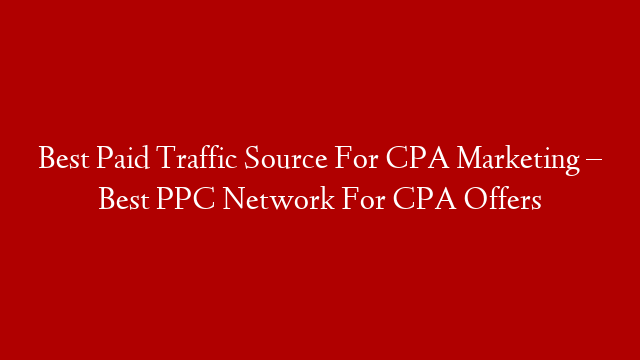1. What is PPC advertising?
PPC advertising is a form of online advertising where you pay a publisher (like Google) each time someone clicks on your ad.
2. What are the benefits of PPC advertising?
The benefits of PPC advertising include:
1. You can reach a large audience quickly.
2. You can target your ads to specific audiences.
3. You can track your results and measure your return on investment (ROI).
4. You can adjust your ads quickly and easily.
5. You can get started quickly and easily.
6. You can get immediate results.
3. What are the different types of PPC advertising?
The different types of PPC advertising include:
1. Search engine advertising.
2. Display advertising.
3. Social media advertising.
4. Mobile advertising.
5. Retargeting advertising.
6. Native advertising.
4. What is the difference between search engine advertising and display advertising?
The difference between search engine advertising and display advertising is that search engine advertising targets people who are already interested in what you have to offer, while display advertising targets people who may not be familiar with your brand or product.
5. What is the difference between social media advertising and mobile advertising?
The difference between social media advertising and mobile advertising is that social media advertising targets people who are already active on social media, while mobile advertising targets people who are using their mobile devices to access the internet.
6. What is the difference between retargeting advertising and native advertising?
The difference between retargeting advertising and native advertising is that retargeting advertising targets people who have already visited your website, while native advertising targets people who are already reading content on a website.



